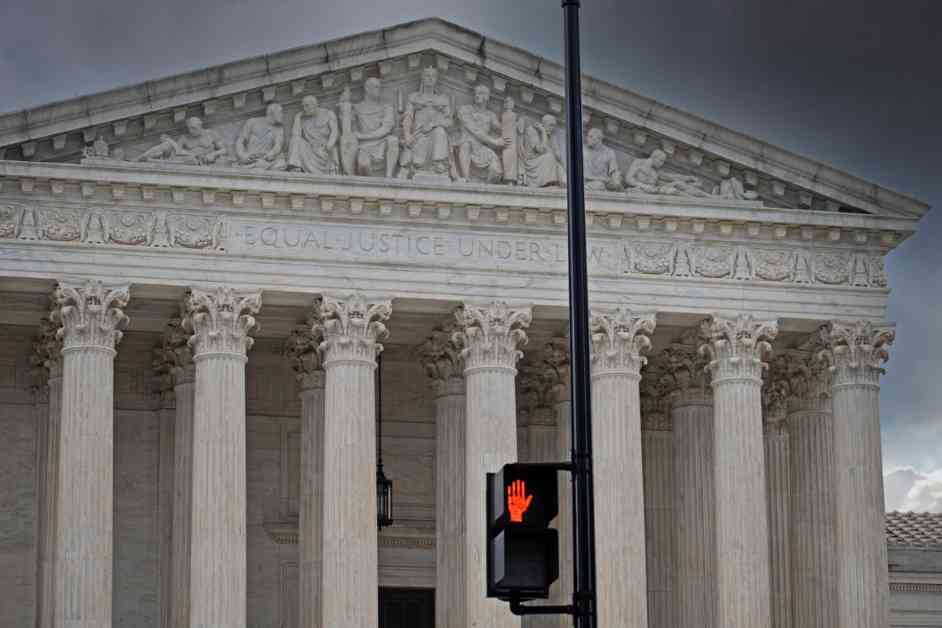The recent decisions made by the Supreme Court majority have raised concerns about their commitment to evidence, expertise, and honesty in American democracy. One such decision was the Ohio v. EPA ruling, where Justice Neil Gorsuch confused nitrogen oxide with nitrous oxide, showcasing a disregard for facts.
Over the past four years, the Supreme Court has made decisions on various issues like school prayer, public health, homophobia, race, climate change, abortion, and clean water, often ignoring or distorting facts. The Court’s Chevron decision granted regulatory power to the courts, undermining the expertise of civil servants and scientists who have been making regulatory calls for the past 40 years.
The Court’s decisions on issues like school prayer and discrimination against gay people have been based on questionable or false claims, further eroding public trust in the judiciary. The Court’s tendency to dismiss scientific evidence was evident in cases related to homeless people sleeping in public places, gun control, vaccine mandates, and wetlands protection.
In the case of West Virginia v. EPA, the Court halted efforts to limit greenhouse gas emissions from coal power plants, reflecting a disregard for the science of climate change. The decision to end the right to abortion in the Dobbs case ignored the medical benefits of the procedure and the potential health impacts on women.
The Supreme Court’s decision to immunize Donald Trump from prosecution for actions taken as president raises concerns about accountability and the rule of law. By rejecting facts and evidence to serve political interests, the Court’s majority has failed to uphold their oath to administer justice impartially.
In a time where facts and truth are essential for a functioning democracy, the Supreme Court’s betrayal of justice through its decisions undermines the foundation of American democracy. It is crucial to hold the judiciary accountable for upholding the principles of evidence, expertise, and honesty in their decision-making process to restore public trust in the institution.





